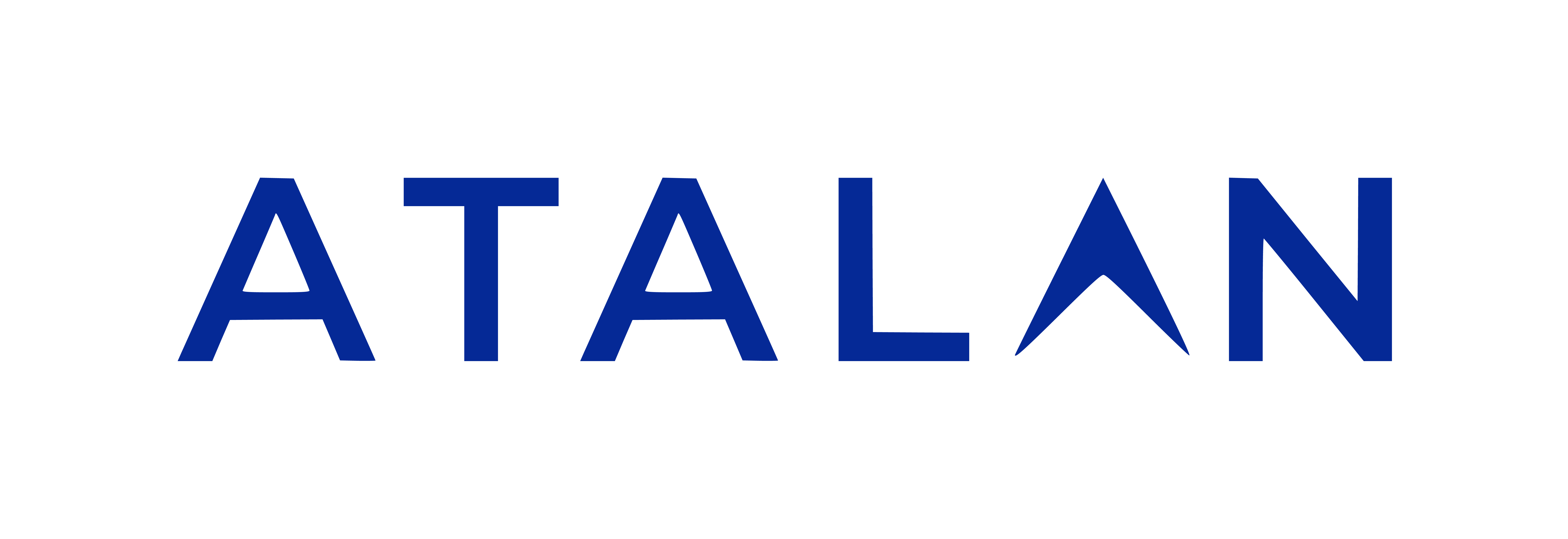What exactly is ethical technology? While it may initially seem like an oxymoron, wrestling with this question will be central to doing business for the foreseeable future. Technology could be ethical when designed and used to benefit society, ensure fairness and accountability, and enhance human well-being throughout its use. Here, we explore what it means to prioritize ethical technology and how Atalan exemplifies this commitment in the healthcare industry.
Today’s common association of technology with only the latest advancements—like robotics, augmented reality, or machine learning—overlooks its fundamental essence. Technology includes everything from shoes and ships to more complex systems like healthcare databases and diagnostic tools. It’s the application of scientific or theoretical knowledge to perform tasks effectively. Often, the best technology integrates so seamlessly into our routines that it becomes nearly invisible, a hallmark of its success. Yet, there is nothing about the concept of technology that implies it is new.
Technology is simply the application of scientific or theoretical knowledge in a way that does work in the world. In other words, any tool that we use to accomplish a task, that tool is a piece of technology.
When we think about technology, we tend to forget about the tools that surround us— like pens, forks, and eyeglasses— but that is not surprising. The very marker of the most successful pieces of technology is that we incorporate them so intimately in working toward our goals that they disappear completely from our view, even while we are still using them.
That is successful technology, but what exactly is “ethical technology”?
Defining Ethical Technology
What distinguishes regular technology from ethical technology? Ethical technology is designed with the primary goal of benefiting humanity, ensuring that it supports rather than undermines human objectives. It involves a few key principles:
- Human-Centric Design: Ethical technology enhances human efforts without replacing or undermining those efforts.
- Equitable: It promotes fairness, ensuring that technology does not empower a select few at the expense of the majority.
- Just Production: The conditions under which the technology is created and maintained are socially and environmentally responsible.
Advisor to the Atalan leadership team, Dr. Jeffrey Byrnes, Associate Professor of Philosophy at Grand Valley State University and Devois Medical Ethics Colloquy says, “Roughly speaking, technology is ethical when (i) it helps to meet the goals of human beings, rather than supplanting them, (ii) it does not empower one to impose their goals upon countless others who get no say and receive no direct benefit, (iii) the conditions required to create and maintain it are not themselves unethical.”
In today’s tech-driven world, issues like data privacy and algorithmic bias are at the forefront of ethical debates. At Atalan, addressing these challenges is not an afterthought but a foundational aspect of our development process. We continually review and update our practices to safeguard user data and ensure our algorithms are as unbiased and equitable as possible.
Historical Lessons and Modern Implications
Reflecting on historical examples where technology has gone awry—from Rabbi Loew’s Golem to Oppenheimer’s bomb—helps us understand the importance of these principles. These stories caution us against creating technologies that could potentially do more harm than good. In the modern context, this means developing technologies that consider their impact on all users, including unintended consequences that could disproportionately affect marginalized groups.
Atalan’s Commitment to Ethical Technology
At Atalan, we prioritize ethical considerations in every aspect of our technology development, especially regarding healthcare systems. This includes:
- Ensuring Fairness: Our systems are designed to avoid simplistic assessments that could unfairly impact individuals based on incomplete data.
- Promoting Transparency: We maintain open communication about how our technologies work, why they are used, and who they benefit. This transparency helps build trust and allows for meaningful feedback that can guide further improvements.
- Focusing on Sustainability: Our technologies are developed with a long-term perspective, ensuring they enhance healthcare without depleting resources or causing harm.
As you consider the technologies your organization deploys, ask yourself:
- Are these technologies enhancing the well-being of all users?
- Is there transparency in how these technologies are implemented and used?
- How are ethical considerations addressed during the technology’s implementation plan?
Making ethical technology a priority isn’t just about avoiding harm; it’s about actively creating a positive impact on society. At Atalan, ethical technology is at the core of what we do. We believe the right technology, developed and used with the right intentions, can significantly improve healthcare outcomes and clinician well-being.
A Framework for Ethical Technology
Ethical technology requires more than just good intentions; it demands a comprehensive framework that encompasses development, deployment, and usage. A significant aspect of this framework is transparency. This means that the processes and decisions behind the creation and implementation of technology should be open and understandable to all stakeholders. Transparency not only builds trust but also allows for accountability, as anyone can verify that ethical standards are being met and maintained.
Sustainable Ethical Technology
Another key principle of ethical technology is sustainability. Ethical technology should not only consider its immediate impact but also its long-term effects on the sector it is seeking to impact. For instance, in the healthcare sector, sustainable technology should enhance patient care and improve healthcare worker retention without exhausting medical resources or causing long-term harm to patients or providers. Sustainability also ensures that the technology can be maintained and supported throughout its lifecycle, including effective integration into existing systems and ongoing user support. By prioritizing sustainability, we can develop technologies that support a thriving and effective healthcare environment for years to come.
Is your healthcare system ready to enhance its technological capabilities ethically? Contact Atalan to learn how our commitment to ethical technology can help elevate your services and support your clinicians in ways that respect and benefit everyone involved.

